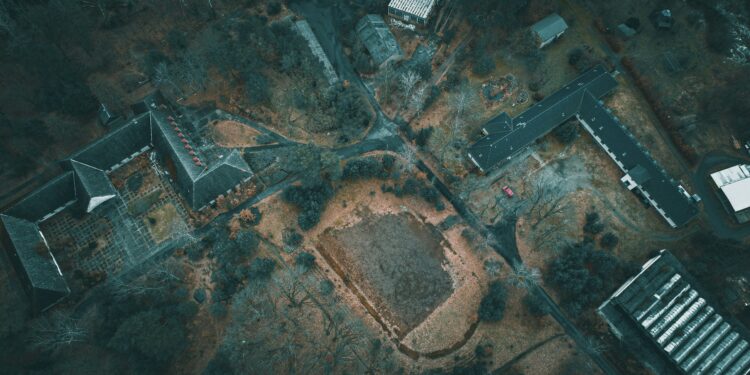A suicide bomber shattered the relative calm of Pakistan’s capital on Tuesday, detonating an explosion outside a district courthouse that killed 12 people and wounded at least 27, marking a grim return of large-scale terror to the heart of the city.
The attack, claimed by the militant splinter group Jumaat Ul Ahrar, unfolded in a burst of violence just after midday. The interior minister, Mohsin Naqvi, stated the bomber, unable to penetrate the courthouse, waited for up to 15 minutes before targeting a police vehicle. The blast ignited chaos, with a lawyer on the scene describing “two dead bodies lying on the gate and several cars on fire.”
The bombing immediately triggered a high-level political blame game. Prime Minister Shehbaz Sharif pointed the finger at “India’s terrorist proxies,” a claim Delhi has not addressed. The accusation stands in stark contrast to messages from the Pakistani Taliban’s (TTP) central leadership, which has reportedly denied any connection to the attack, creating a murky and contested narrative around the perpetrators.

The assault is the deadliest to hit Islamabad in three years, breaking a period of fragile security and raising urgent questions about the resurgence of militant threats in Pakistan’s most secure zones.
Why It Matters
This attack is a blaring signal that Pakistan’s security framework is cracking. The ability of a suicide bomber to orchestrate an attack in the capital’s judicial center—a symbol of state authority—exposes a great vulnerability.
The immediate, unsubstantiated accusation against India by the Prime Minister is a dangerous and familiar diversionary tactic, suggesting a government more prepared to point fingers abroad than to confront the militant factions metastasizing within its own borders.
The conflicting claims of responsibility reveal a chaotic and fragmented terror landscape that the state seems ill-equipped to manage. For the citizens of Islamabad, the message is terrifying: the peace they have known was an illusion, and the war has now been brought back to their doorstep. This is a fundamental failure of the state’s most basic promise to protect its people.

















